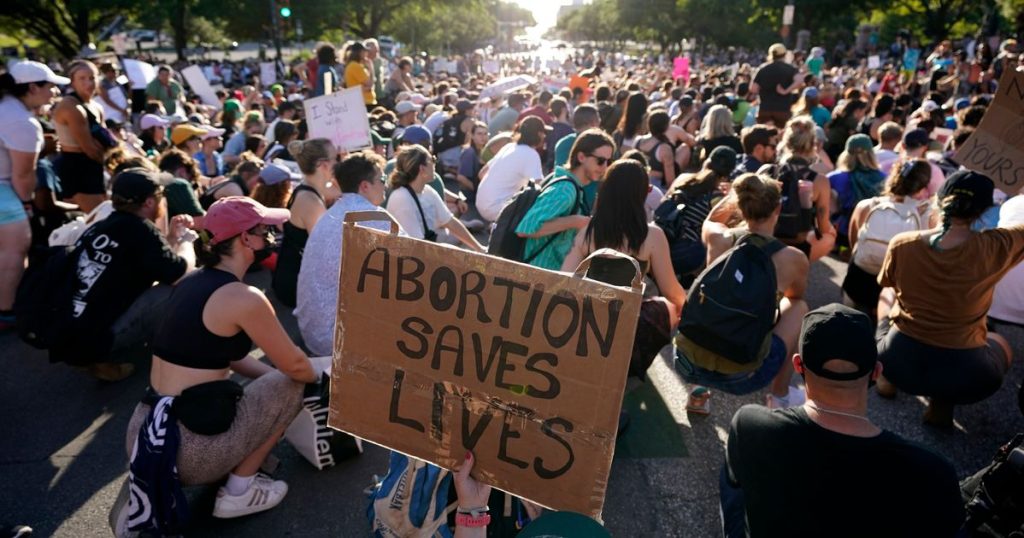In 2022, Lizelle Gonzalez found herself at the center of a legal battle after being wrongfully charged with murder for a self-induced abortion in Starr County, Texas. Gonzalez decided to take legal action against the Starr County District Attorney’s office and the county for the unjust charges brought against her. This case shines a light on the complexities surrounding abortion laws and the impact they can have on individuals who seek to exercise their reproductive rights.
The circumstances surrounding Gonzalez’s case illustrate the challenges faced by individuals in accessing safe and legal abortion services. Despite the fact that Gonzalez had chosen to end her pregnancy through self-induced means, she was met with criminal charges rather than support and care. This highlights the need for comprehensive reproductive health education and access to resources that empower individuals to make informed decisions about their bodies.
The wrongful charges brought against Gonzalez speak to the larger issue of reproductive rights and the legal frameworks that govern them. In many states, restrictions on abortion services create barriers for individuals seeking necessary healthcare. The criminalization of abortion not only limits reproductive autonomy but also puts individuals at risk of legal consequences for their healthcare decisions.
Gonzalez’s decision to pursue legal action against the District Attorney’s office and the county is a courageous stand against the unjust treatment she has faced. By holding accountable those responsible for her wrongful charges, Gonzalez is seeking justice not only for herself but also for others who may find themselves in similar situations. This case challenges the status quo and calls into question the enforcement of laws that infringe upon individuals’ reproductive rights.
The legal battle that Gonzalez has embarked upon sheds light on the need for systemic change in how abortion is viewed and regulated in the United States. The criminalization of abortion not only perpetuates stigma but also disproportionately impacts marginalized communities who may face greater barriers to accessing safe and legal services. This case serves as a reminder of the importance of advocating for reproductive rights and fighting against unjust laws that hinder individuals’ ability to make decisions about their bodies.
Ultimately, Gonzalez’s case serves as a stark reminder of the ongoing challenges faced by individuals seeking to exercise their reproductive rights. By taking a stand against the wrongful charges brought against her, Gonzalez is fighting for justice and advocating for the rights of all individuals to make decisions about their bodies without fear of legal repercussions. This case highlights the urgent need for systemic change in how abortion is perceived and regulated, and underscores the importance of ensuring access to safe and legal reproductive healthcare for all individuals.


